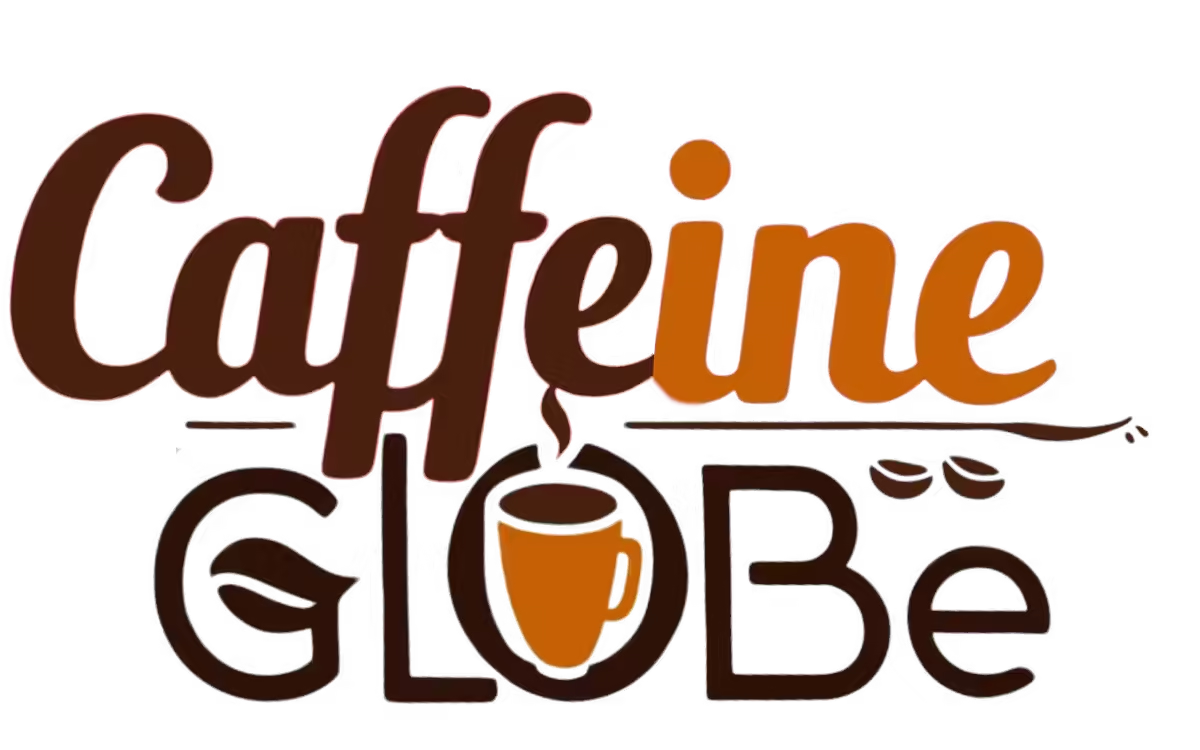Understanding coffee labels can be confusing, especially when terms like Organic and Fair Trade are used. In this guide, we’ll decode these labels and explore what they truly mean for your coffee choices.
What Does “Organic Coffee” Mean?
Organic coffee is grown without synthetic pesticides or fertilizers, and it meets certain environmental standards. The U.S. Department of Agriculture (USDA) regulates organic certification. Learn more about USDA organic coffee standards.
The Importance of Fair Trade Coffee
Fair Trade coffee supports farmers by guaranteeing fair wages and promoting sustainable farming practices. It goes beyond ethical sourcing, aiming to improve the overall quality of life for coffee growers. Read about Fair Trade principles.
Beyond Organic and Fair Trade: Other Labels to Know
- Rainforest Alliance Certified: This label ensures that farms meet standards for environmental protection and the rights of workers.
- Shade Grown: Coffee grown under a canopy of trees, supporting biodiversity.
Many of these certifications ensure that coffee production aligns with global standards of sustainability, but each has its own set of guidelines. For a deeper dive into coffee labels and their impact, visit our article on Caffeine Globe.
Why These Labels Matter
These certifications influence more than just the environment—they impact flavor, quality, and the lives of the people producing your coffee. Consumers increasingly look for these labels as indicators of quality and ethical sourcing.
In conclusion, understanding coffee labels like Organic and Fair Trade is crucial for making informed choices. Explore more about coffee and its impact on the environment and industry at Caffeine Globe, where we bring you the best insights on coffee.

